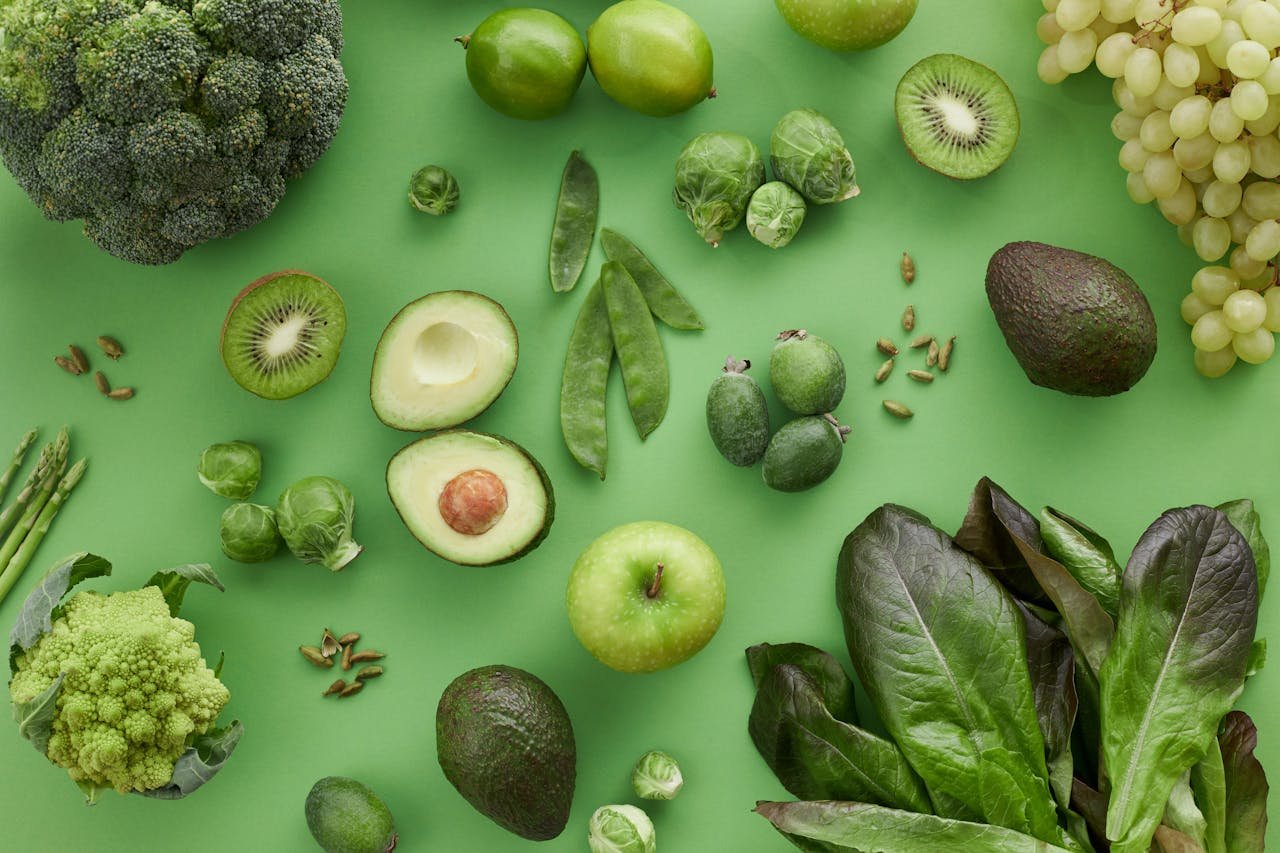In an age where chronic diseases are rampant, the significance of dietary fiber often flies under the radar. Yet, this humble nutrient—found in fruits, vegetables, whole grains, legumes, and nuts—is one of the most potent allies in the fight against disease, particularly cancer.
Despite decades of public health campaigns emphasizing low-fat, low-sugar eating, many people still overlook one of the simplest and most effective health strategies: eating more fiber. It doesn’t come in a flashy package or promise overnight results, but its benefits are profound, wide-reaching, and backed by decades of solid scientific research.
Fiber doesn’t just help you stay “regular”—it acts as a foundational pillar for optimal health. From improving digestion and balancing blood sugar to boosting heart health and supporting the immune system, its role is as diverse as it is essential. Most notably, fiber has gained recognition for its cancer-preventive power, especially when it comes to colorectal cancer, one of the leading causes of cancer-related deaths globally.
As research continues to spotlight how our diet directly shapes our long-term well-being, fiber emerges not only as a supportive nutrient but a proactive defender against some of the most feared diseases of our time.
🌾 What Is Dietary Fiber?
Dietary fiber refers to the indigestible parts of plant foods. Unlike carbohydrates, proteins, or fats, fiber isn’t absorbed by the body. Instead, it travels through the digestive system, playing a key role in regulating digestion, balancing blood sugar, and maintaining heart health. But perhaps one of its most compelling effects lies in its ability to reduce the risk of certain types of cancer, most notably colorectal cancer.
🛡️ Fiber as a Cancer-Fighting Agent
Several large-scale studies, including research from the American Institute for Cancer Research and the World Health Organization, have highlighted a strong correlation between high fiber intake and reduced cancer risk. Here’s how it works:
- Faster transit, less exposure: Fiber adds bulk to stool and speeds up the passage of waste through the colon. This reduces the time that potential carcinogens stay in contact with the intestinal lining, minimizing damage.
- Feeds good bacteria: Fiber, especially soluble types like those found in oats and legumes, serves as food for beneficial gut bacteria. These microbes ferment fiber to produce short-chain fatty acids (like butyrate) that have anti-inflammatory and anticancer properties.
- Lowers inflammation: Chronic inflammation is a known contributor to cancer development. High-fiber diets have been shown to reduce markers of inflammation across various population groups.
- Binds carcinogens: Some forms of fiber can bind to bile acids and environmental toxins, helping to excrete them more efficiently, reducing their potential harm to cells.
🍎 Beyond Colon Cancer
While the protective link between fiber and colorectal cancer is well-documented, emerging research also suggests benefits against other cancers, including breast, liver, and esophageal cancers. For example, fiber helps regulate estrogen levels, which may partly explain its protective role in hormone-related cancers like breast cancer.
✅ How Much Fiber Do You Need?
Most health experts recommend a daily intake of:
- 25 grams for women
- 38 grams for men
However, studies show that the average adult falls far short—typically consuming only about half the recommended amount. Increasing fiber intake doesn’t require a complete diet overhaul. Simple swaps, like choosing whole grain bread over white, snacking on nuts, and adding more vegetables to meals, can make a significant difference.
🌿 Final Thoughts
Incorporating more fiber into your daily routine is one of the easiest and most natural ways to support long-term health and reduce cancer risk. It’s not a magic bullet—but it’s about as close as it gets. As research continues to uncover the many benefits of a fiber-rich diet, one thing remains clear: in the battle against cancer, fiber is a silent but powerful warrior.










